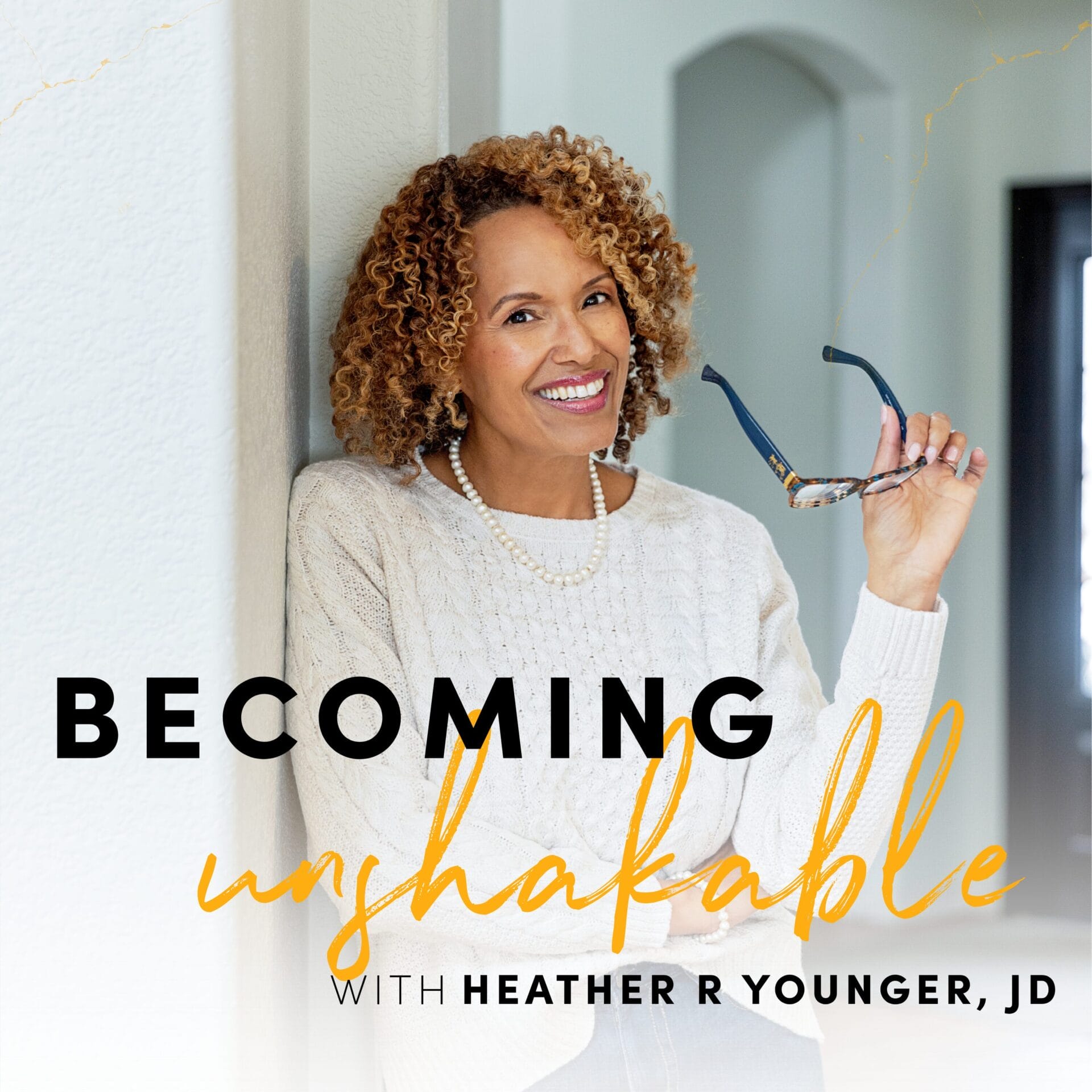Imagine this:
I was working at a company, and we were about to lose a $2 million client. But here’s the twist ⎼ I was the only one who saw it coming.
Some years back, I had a job focused on developing client relationships. One day, a client dropped a bombshell on me: they were unhappy with a process our entire team had JUST reworked.
To make matters worse, this wasn’t just any client; it was a $2 million client hanging by a thread.
I jumped into action, telling the client, “Thank you, I’m going to talk to my team. I promise I’ll be back with a solution.”
I approached my team, expressed the seriousness of the situation, and emphasized the importance of listening to what this client was saying.
They didn’t listen to me at first (just like they weren’t listening to the client), but in the end, I managed to get through to them. They listened and agreed to take this client’s recommendations.
That experience, way back when, was a wake-up call about the power of listening. It wasn’t just about hearing; it was about genuinely getting what the client was saying and what they needed.
It was an awakening!
Instead of losing them, we not only retained their business but forged a stronger bond and even expanded our partnership.
Listening isn’t a “nice-to-have” skill; it’s the foundation of understanding. It’s the bridge that connects what we think someone wants with what they really need.
Of course, today, stories like this have made it my mission to spread this idea of the Art of Active Listening.
I teach individuals and organizations how to weave active listening into their organizations because, truthfully, it makes all the difference. Have you ever had anything like this happen to you? What made the difference in your situation?
Let us begin with the first point:
Why Do This?
To make others feel heard on their journey, you need to be able to know the people personally and understand what their needs and values are, then go from there. You need to listen to what they have to lose and what they need help protecting. You need to act like an advocate for your family, your significant others, your friends, and your clients. The reason that there are so many clients that leave and so many businesses that go downhill is because the people within those companies lack the basic, but very necessary skill of active listening. You may ask, “How do you listen to clients so that they feel fully heard?” What you do is empathize with them, you demonstrate to them that they can trust you, knowing that you would put yourself in their shoes and imagine how you would feel if you were ever in that position. Then, you would be able to fully be there for them.
The Current State
By "sweeping it under the rug," I mean to say that we are so accustomed to completing our daily tasks that we frequently overlook the seriousness of the client work we are attempting to complete. We may drop it too quickly or not give it a second thought. We tend to forget that we are working with a client’s dignity, to narrow it down further, we forget that we are really working with an actual person with human dignity and other things that are attached to it.
How would you feel if you were being overlooked? How would you feel if you were just checking the “box” task for someone?
How To Go About It
Instead of forgetting about the humanity of the people we collaborate with, we should ask them questions about themselves, and see what they are looking for. This will help you get a sense of how to interact, approach them, and how to fully present when working with them.
For instance, if you asked questions such as:
What can I help you with? What goals do you have for your work and what type of skills do you need from me to feel fully heard? Is there anything you would like me to know about you so that I could better accommodate you?
You don’t tell them the solution yet, you tell them the journey you went on for them.
You should also tell them, for example, I talked to you last, and you asked us to do this, and you said that this particular thing wasn’t working. And you said you wanted to change this.
Here’s what I’ve done.
“I spoke to our finance department and XYZ, I went to our production team and I found out ABC and then went over here and I noticed this and I discovered we couldn’t quite help you based upon what you requested or I discovered we couldn’t quite do what it is requested.
However, I found an alternative for you." That’s what the journey is.
You have to tell people the journey you went on for them before you tell them the solution that you landed on based on their journey.
The journey is most important regarding the experience and the relationships at work.
The Dopamine Boost For Them And What You Gain In The Process
Once the clients know that you are fully in it with them with the strings attached and so forth with the revenue that they are bringing in for your company, the client will begin to trust you. The dopamine will rise in the client when they feel that sense of reassurance knowing that they are being deeply taken care of and that you have their back.
By doing this, you will be cultivating a sense of safety and comfort between you and the client. The client will feel more comfortable and, therefore, become more open to sharing more vulnerable stories with you.




